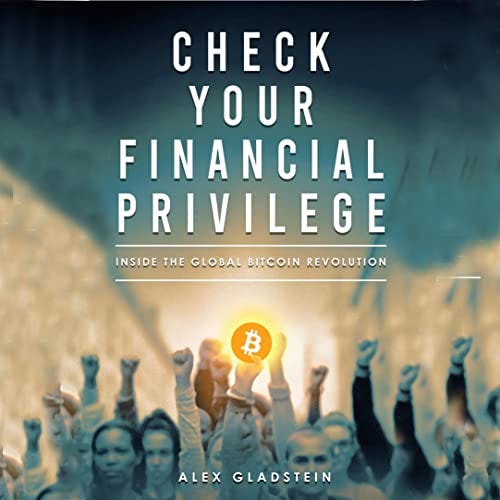(Listen to audio version of me reading👆)
Will Bitcoin's Deflationary Nature Thwart Spending?
The battle between inflationary fiat currency and the rising tide of Bitcoin has sparked intense debates.
Bitcoin, a neutral money, possesses unique characteristics that captures deflation and redistributes productivity gains to the 99%, leading to an enhanced standard of living for the masses.
The core argument revolves around whether Bitcoin holders, known as HODLers, would ever relinquish their holdings to engage in transactions for goods and services.
Critics argue (like Keynesians or MMT advocates) that the deflationary nature of Bitcoin discourages spending, contradicting human behavior's inherent desire to acquire and possess.
However, this assumption overlooks the fundamental drive behind economic transactions—the innate pleasure humans derive from purchasing items, driven by the dopamine rush associated with acquisition.
Bitcoin's Soaring Value: Will It Ignite Spending or Fuel Hoarding?
The crux lies in the evolving nature of needs and desires.
When individuals possess a currency continually appreciating in value against goods and services, there arises a pertinent question: Why should they refrain from spending it?
Bitcoin's increasing purchasing power against commodities suggests a scenario where individuals, possessing an abundance of appreciating currency, would naturally engage in transactions to fulfill their needs and aspirations.
Contrary to the misconception that Bitcoin holders merely accumulate without utilizing their holdings, historical evidence indicates otherwise.
Many early adopters have actively engaged in spending Bitcoin, contributing to its circulation within the economy.
This trend is poised to continue as holders from previous eras, along with current miners, inject Bitcoin back into circulation.
Redefining Justice
Moreover, the concept of "buying and holding" extends beyond mere financial strategy; it represents a peaceful revolution—a vote cast through financial choices.
Bitcoiners view their actions as a vote against the perceived injustices perpetuated by fiat currencies, advocating for a system realignment toward fairness, justice, and a deflationary economic model that benefits the masses, not just the privileged few.
As adoption of Bitcoin surges, a shift towards a circular economy becomes increasingly evident.
This transformation challenges the myth that Bitcoin holders will perpetually hoard their assets.
Instead, a virtuous cycle emerges, promoting a culture of abundance and generosity within the economic landscape.
The stark contrast between inflationary fiat currencies, which instigate hoarding tendencies driven by short-term thinking, and Bitcoin's deflationary ethos, fostering a more charitable and forward-thinking approach, becomes apparent.
The allure of a currency that incentivizes long-term planning and solution-oriented thinking represents a departure from the prevailing debt-based government fiat financial systems.
Unlocking Bitcoin's Promise
The belief that Bitcoin holders will resist spending their assets indefinitely stands as a misconception.
As the currency's purchasing power grows and individuals align themselves as productive contributors to society, spending Bitcoin becomes not only acceptable but a catalyst for a flourishing economy.
It's a testament to the transformative power of a deflationary model that challenges conventional spending behaviors, guiding us towards a future of financial empowerment and societal fairness.
The fiat legacy monetary system is dealt another blow as it also breaks 3 of the 10 commandments in which we will talk about here next missive in a couple days.
Be on the lookout because this will blow your mind…
Stay strong,





